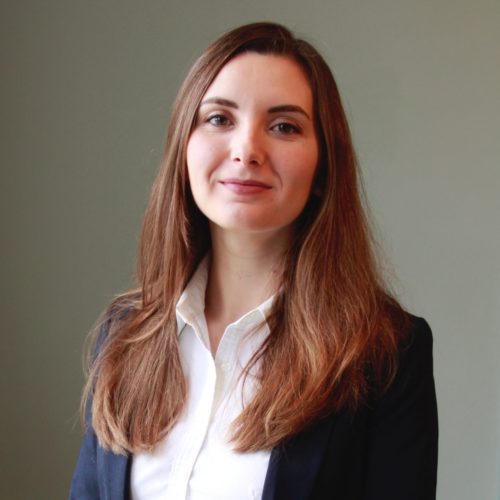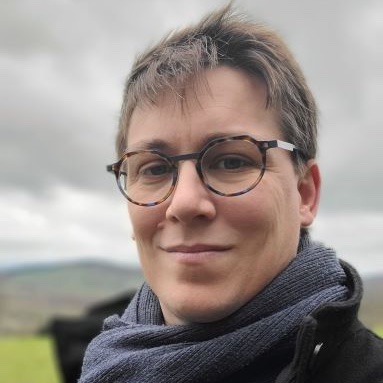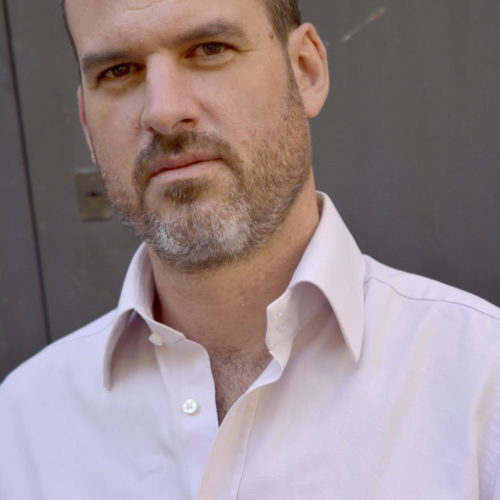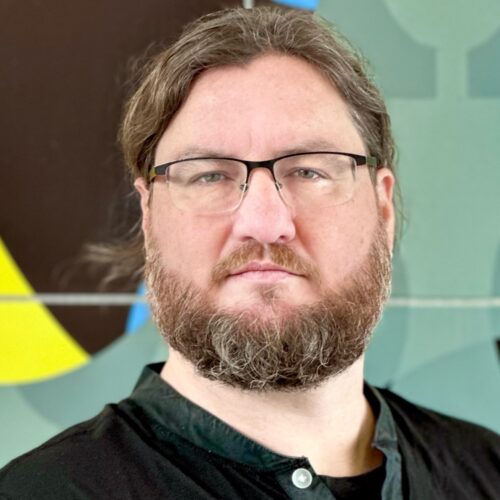H: Markets, Firms and Institutions
Network H accepts 500-word abstracts (deadline December 16 2024) for the 2025 SASE Conference in Montreal (9-12 July 2025).
Network H will also organize two virtual sessions during the virtual conference days (1-3 July 2025).
Submissions can be made through the usual process, details here: https://sase.org/event/2025-montreal/#submission-guidelines
Call for papers
This network focuses on the interrelationships between markets, firms, and institutions. New approaches to the study of markets are needed to understand better how different markets (e.g. capital markets, product markets, etc.) and market processes (e.g. competition, cooperation, speculation, risk) are related to the changing strategies, structures and governance of business firms. Moreover, both markets and firms are themselves embedded within various institutional contexts at the sectoral, regional, national and international levels. Institutional diversity impact the capacities of firms and patterns of cooperation and competition in markets, while markets and business interests themselves are important factors in the politics of institutional change. We welcome a wide range of theoretical perspectives (e.g. political economy, economic sociology, management studies, neo-institutionalism, and comparative institutional analysis). Core topics include: financial systems and financialization; markets and marketization; strategy, corporate governance, employment relations, and the labor process; varieties of capitalism and growth models/accumulation regimes; institutions and institutional change; internationalization and regional integration.
* * *
The following interview with former Network H organizers Gerhard Schnyder and Christina Ahmadjian was conducted by Emma Greeson, a PhD candidate in Sociology at UC San Diego.
When was your Network founded?
We aren’t quite sure!
Were you among the founders? Briefly, what was the genesis of the Network?
The “Markets, Firms and Institutions” network was founded by Gregory Jackson as a merger of the “Markets and Institutions” and “Organizations and Professions” networks. “Organizations and Professions” had been run by Richard Whitley, but was left without a successor after Richard stepped down as organizer, while Gregory had taken over the “Markets and Institutions” network together with Wolfgang Streeck and then ran it alone for some time. The “Markets and Institutions” network was purposefully designed as a broad network that focused on theory development. However, Gregory’s name being associated with the field of corporate governance, this theme became a key focus of this network under his leadership.
What academic disciplines are most represented in your Network?
One of the strengths of our network – and thus reflecting SASE’s strength as a whole – is its very interdisciplinary nature. We get submissions from a very broad range of disciplines, which makes it difficult to single out any one in particular. Most papers are written by scholars in economic sociology, management studies, comparative and international political economy, and political science.
How has the focus of the Network changed over time?
Network H is by its very nature a broad network that appeals to many different fields of studies. The submissions to the network have changed somewhat in the past four years since we took over the network from Gregory Jackson. Thanks to SASE’s very successful development and the increasing differentiation of the organization into more specific networks, our network has also become more focused. While the number of submissions continues to rise every year, the breadth of contributions to our network has some what decreased, presumably because authors have now a larger choice of thematic networks to submit to. Contrary to more specialized networks, which focus on one specific aspect of national economies, Network H often provides a home for papers that compare national business systems across several dimensions or ‘institutional spheres’. As a result, papers in the broad area of comparative capitalism have become a particular specialty of Network H, including papers on post-socialist countries and developing countries such as Brazil. In recent years, the corporate governance aspect has become less dominant, also because new networks have emerged that also attract corporate governance scholarship (in particular L and P). We have thus seen a relative shift in focus towards other topics and areas, such as economic sociology, the sociology of markets, CSR, and ethical consumption, which have become relatively stronger. More broadly, Network H has extended its strength in the area of institutional theory and institutionalist approaches to economic issues. A particular feature of the network is that every year it attracts a number of studies on the role of ideas and ideologies – such as neoliberalism – in economic change.
What are some of the most important issues or themes that have guided your Network in recent years? What do you think will be central in the next few years?
Network H has always been strong in the area of studies on liberalization of national business systems. While liberalization was initially often studied under the lens of ‘convergence,’ increasingly ‘financialization’ has become the key concept instead. This trend is likely to continue in coming years. Another theme, which has become increasingly prominent in our network is ethical consumption and the creation of markets related to CSR issues. These topics will certainly remain important in the next years. Furthermore, in recent years we have witnessed an increasing number of contributions focusing on the role of the state in the economy and on the political side of business. This trend is certainly the result of current changes in certain developing countries, but also a more general new debate about the ‘proper’ role of the state in the economy. We expect that the increased interest in the state as an actor in the economy will continue over the next years.
What do you get from SASE and this Network in particular that you do not get at other conferences that you attend?
As an organization that is built around the meta-discipline of ‘socio-economics’, SASE’s key appeal is its genuinely inter-disciplinary nature. Few – if any – other conferences manage to bring together for fruitful exchange and discussions scholars from all areas of the social sciences. The focus is on themes, topics, research interests rather than disciplines, which makes discussions and debates particularly enjoyable. SASE is also the place where one can meet the leading scholars in the area of socio-economics and where once can learn about the latest books, papers, and ideas by such leading scholars.
Is there anything about this Network and its dynamics, frameworks, orientations, or central issues that make it different from other Networks?
Network H is different from other networks in its breadth. As the Network name ‘Markets, Firms and Institutions’ suggests, the Network does not focus on any specific area of socio-economics, but rather it focuses on fundamental key elements of any market economy. It is thereby a good home for a great variety of approaches, disciplines, and themes. To be sure, that sometimes makes it difficult for us to guarantee the coherence of our sessions. However, as the number of submissions tends to increase each year, we are increasingly able to choose from a large pool of papers and organize them – hopefully – in a meaningful and interesting way for Network H participants.
What would you want people to know about your Network?
One of the more recent changes we have introduced to the network is the discussant system during the annual meeting. Like other conferences, we now ask participants to send their papers to the session participants before the meeting and we ask some attendees to act as session chair and discussant for the papers that are being presented. While this makes participation in Network H somewhat more onerous for discussants, we do get very positive feedback about this system, because presenters get valuable comments from respected scholars in their field and more in-depth discussions take place during the sessions.
What is your most recent book?
Thomas David, André Mach, Martin Lüpold, and Gerhard Schnyder, From the ‘Fortress in the Alps’ to Shareholder Value: The History of Swiss Corporate Governance (1880-2010) [in French], Zurich: Seismo.





